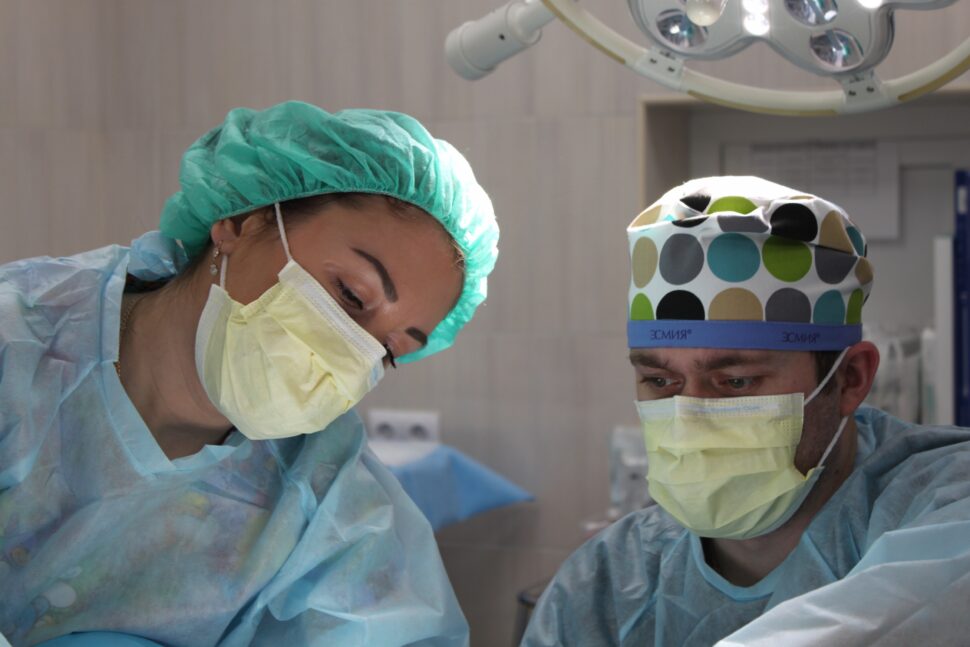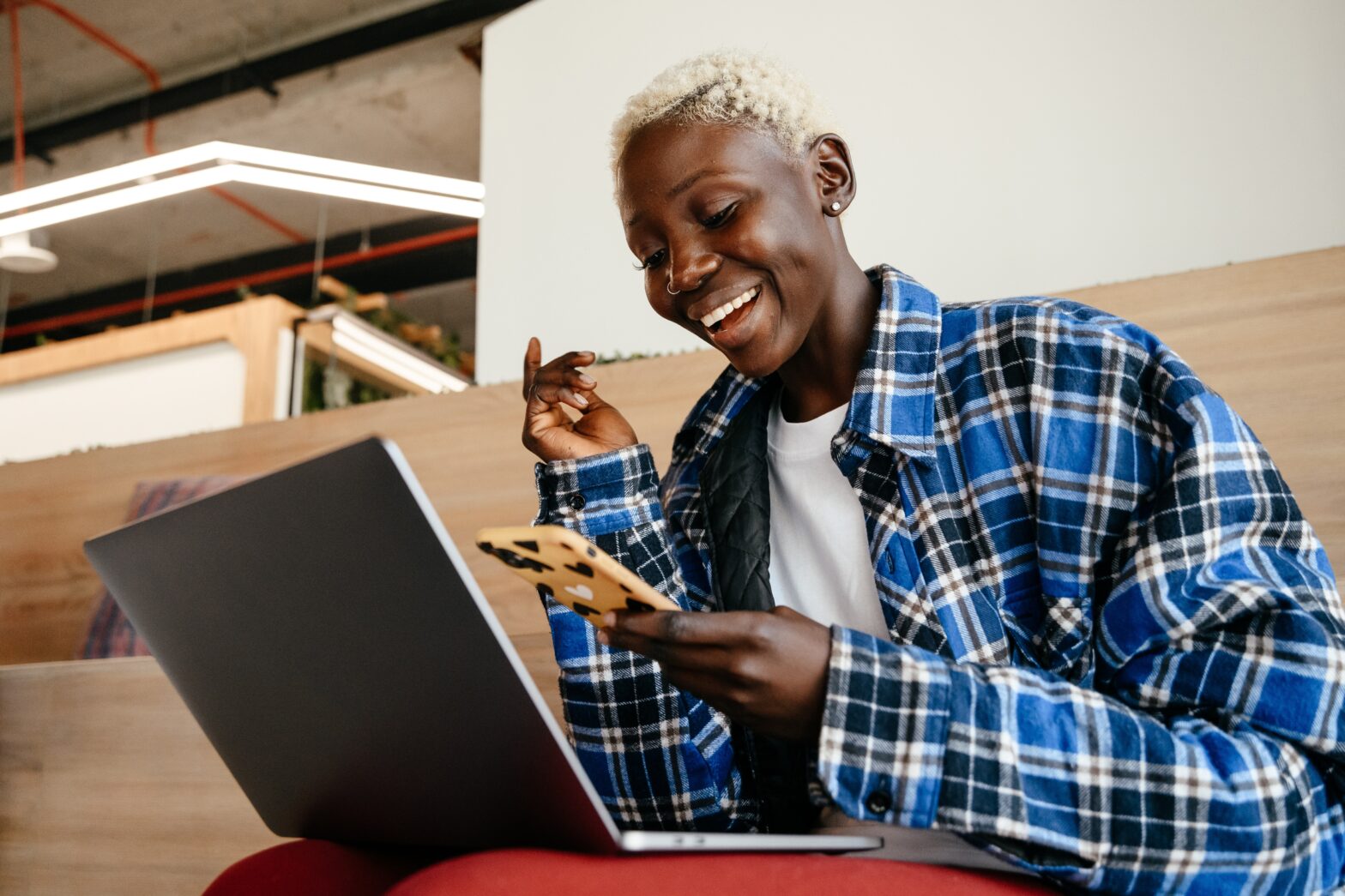Over the last decade, medical tourism has grown in popularity in Western culture. With healthcare costs increasing in the US, many Americans are seeking out destinations where quality procedures are much cheaper. The result is a drastic boom in the medical tourism industry.
According to GlobalData, medical tourism is defined as “travel undertaken to another country to receive medical care or advice.” This includes both physical and mental healthcare. Medical tourism has existed subtly for centuries with humans traveling to other destinations for medical care. However, some experts believe social media is playing a role in the new growth.
In 2017, more than 1.4 million Americans participated in medical tourism, according to the American Journal of Medicine. At the time, procedures overseas were 30 to 65 percent cheaper than in the US; making it a prime opportunity for Americans who can’t afford domestic services.
The industry took a hit during the Covid-19 pandemic. However, it has recovered rapidly with over 780,000 Americans projected to travel abroad for medical procedures in 2022, according to Healthcare.gov.

Social Media’s Part in the Rise of Medical Tourism
Travel medicine professionals are attributing some of the increase in medical tourism’s popularity to social media influence. The Journal of Travel Medicine said the impact of social media remained consistent throughout the pandemic. Still, most online influencers do not understand the major role they play in influencing others to seek medical services abroad.
“We believe that social media influencer tourism should be recognized as a novel entity in travel medicine, in order to protect this vulnerable group of travelers from harm to themselves and their hosts, and to harness their potential as communicators of public health messages,” the Journal said.
Professionals are questioning the lengths social media influencers will go to satisfy their online following, even if it means persuading them to take hazardous medical tourism risks. With 88 percent of social media users saying they would consult with an online influencer before booking a trip, there are concerns about the trustworthiness of social media influence on medical tourism.
The Journal of Travel Medicine went on to say that social media influencers “play an increasingly significant role in disseminating health-related information to the public.” Professionals hope influencers take their role in travel medicine more seriously due to the increased risks associated with medical tourism, according to the Center for Disease Control and Prevention. The CDC also warns of an increased risk of infection when traveling for overseas procedures.
“Recent examples include surgical site infections caused by nontuberculous mycobacteria in patients who underwent cosmetic surgery in the Dominican Republic,” the CDC says, “and Q fever in patients who received fetal sheep cell injections in Germany.”
Destinations Seeing The Greatest Demand
The Dominican Republic has been a hotspot for American travelers seeking out medical tourism. Not only has the destination been popularized online as a hub for low-cost cosmetic procedures, but it’s also hailed in urban culture and music as the go-to place for medical tourism.
Ironically, the Dominican Republic has a long history of medical tourism that resulted in the hospitalization of travelers, according to Insider. This includes a New York man who died after a plastic surgery procedure in 2019 and the death of an African-American mother who died in December 2022 after surgery in the Caribbean country, according to NBC 5.
Despite the dangers and warnings about medical tourism, social media influencer marketing is one of the primary tools used to garner new clientele, according to Medical Tourism Magazine. Medical travel experts hope more checks and balances will be implemented to ensure public safety is at the forefront of online travel influencer marketing.
“The importance of full disclosure where influencers are sponsored by commercial firms, as well as the recognition of fake influencers, must be considered when involving social media influencers in public health promotion activities,” the Journal of Travel Medicine read.
